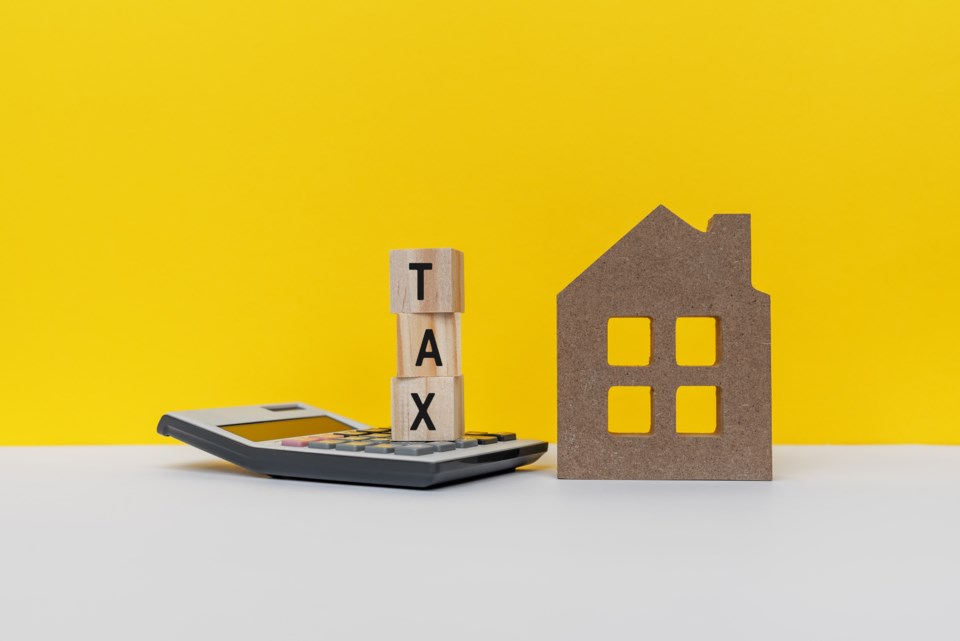Coquitlam will be out $2.4 million in property refunds by the end of the year.
And those returns from successful BC Assessment appeals will continue to rise if action isn’t taken by the provincial government, warned the city's general manager of finance, lands and police, in her report to council-in-committee on Monday (Oct. 18).
Michelle Hunt flagged the “growing problem” of tax refunds earlier this year and came back before city council this week to give an update before budget talks begin next month.
Last year, the city credited $1.8 million back to owners who won through the Property Assessment Review Panel (PARP) and the Property Assessment Appeal Board (PAAB).
In 2019, by comparison, the total amount of tax refunds in Coquitlam was $820,000.
Currently, the city has 160 outstanding appeals, according to a BC Assessment risk-to-roll report, that could result in a $1.3-million refund if the challenges are successful.
“This is continuing to be an issue, and obviously one that’s grown in the last several years,” Hunt said, noting she’s working with the city’s planning department to study the properties under appeal as “some are also undergoing development applications.”
Still, many are also parcels that the municipality recently sold, and their new owners are arguing unfair assessments because the land isn’t being developed now.
Their successful appeal judgments mean a bigger burden for other taxpayers, said Coun. Brent Asmundson, adding he had lost a previous appeal for his residential lot.
Asmundson said he didn’t “have the ability to hire a high-priced lawyer” or agent to handle his appeal, as many of the big developers are doing.
“They can buy their legal expertise to win their arguments,” he claimed, noting the “inequities” with the system.
“It seems like it’s a standard practice for a lot of our developers to be doing this and I don’t think this was ever envisioned in BC Assessment’s mind when they developed this,” Coun. Chris Wilson said. “Definitely, something has to change.”
Mayor Richard Stewart said council is frustrated and he voiced a lack of confidence with the BC Assessment’s transparency.
His motion to direct staff to study how the city can be more involved in the appeals process — including with the provincial government’s Tribunal Transformation Initiative to improve bureaucracy — was unanimously approved.
Coquitlam’s resolution before the Union of BC Municipalities (UBCM) convention, for the province to review and update the BC Assessment appeals framework, also passed this year.
In a February statement to the Tri-City News to respond to Hunt’s comments, BC Assessment deputy assessor Bryan Murao wrote the PAAB operates independently from BC Assessment and has no control over its decisions.
He also noted the stability of the assessment roll: Less than two per cent of all properties are appealed annually and, on average, less than one-third of one per cent of taxes collected are refunded by the taxing jurisdictions.





